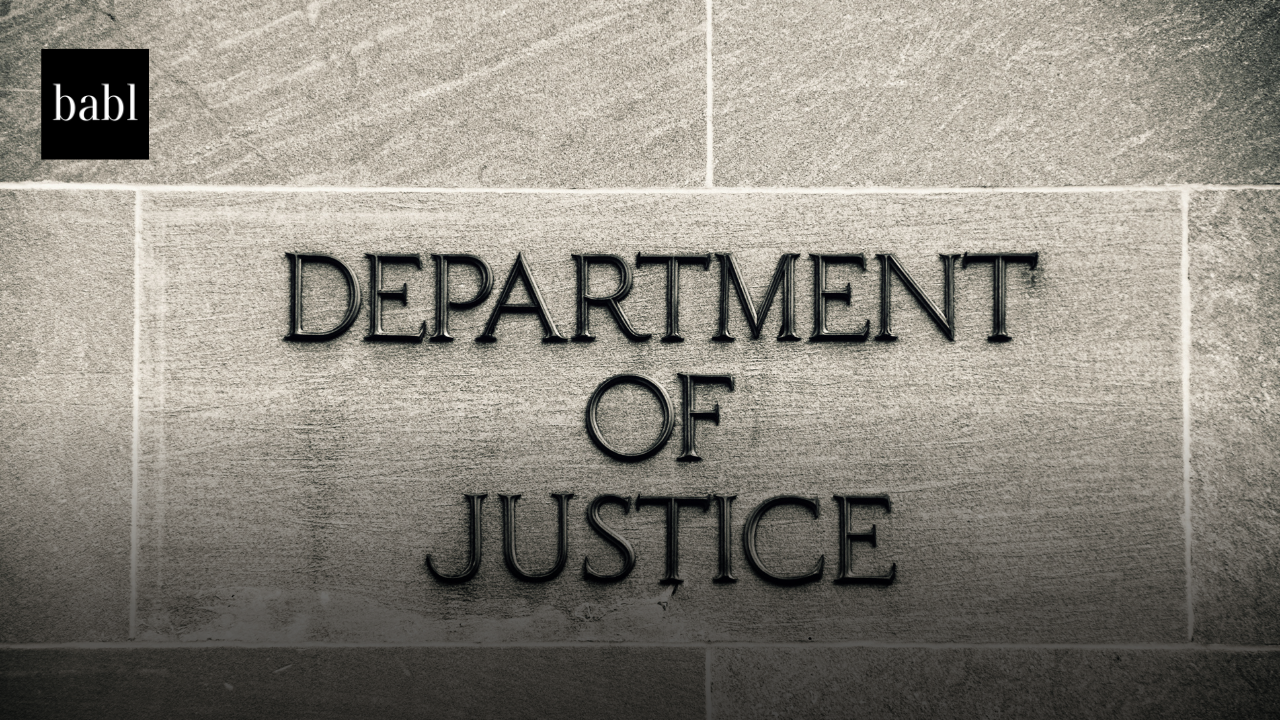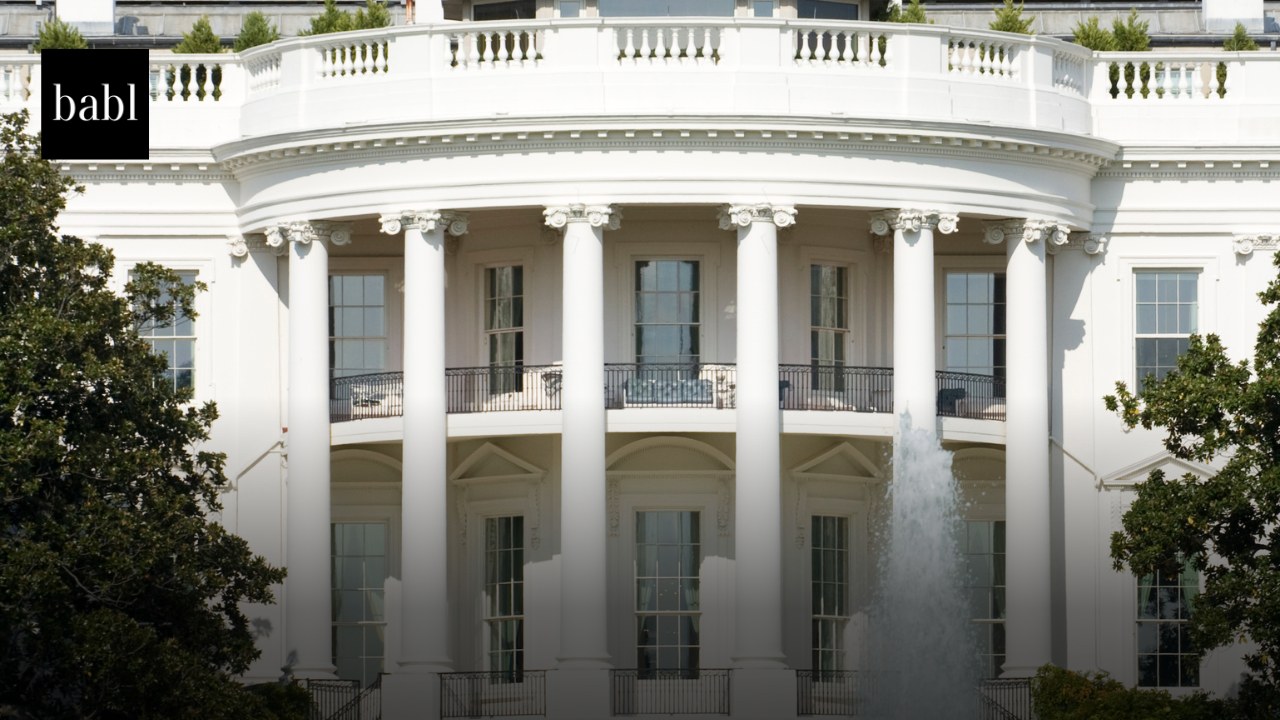The UK Health Security Agency (UKHSA) has outlined its growing use of artificial intelligence (AI) in public health operations, reporting significant advances in real-time monitoring and data efficiency, while acknowledging structural and ethical challenges that must still be addressed. The updates were presented in a comprehensive paper to the UKHSA Advisory Board during March.
Since its last report, UKHSA has expanded its AI portfolio across three strategic pillars: enabling safe access to public AI tools, evaluating enterprise-level solutions, and developing mission-specific public health applications. Highlights include the deployment of AI in real-time pollen monitoring and tuberculosis screening.
In partnership with UK universities, UKHSA toxicologists have piloted an AI-powered pollen detection system that reduces analysis time from days to minutes. Meanwhile, the tuberculosis screening program now uses AI to correct incomplete or inconsistent GP registration data, automating country-of-birth classification with 90% accuracy—cutting manual reviews by 85%.
The agency is also piloting retrieval augmented generation tools, such as i.AI’s RedBox, which uses generative AI to summarize civil service documents. Trials of Microsoft’s M365 Co-Pilot are also underway to explore efficiency gains in administrative workflows and emergency response.
To guide this growth, UKHSA has developed a formal AI Strategy, aligned with the government’s AI Opportunities Action Plan. The strategy lays out four key principles: workforce reskilling, enterprise-level adoption, investment in productivity-enhancing tools, and learning from best practices across government and industry. A corresponding delivery plan is in development, focusing on measurable outcomes.
Despite the progress, the agency acknowledges several hurdles, including fragmented data systems, limited internal AI literacy, and capacity constraints caused by ongoing restructuring. These issues have slowed enterprise-level AI deployment, prompting calls for increased investment and organizational readiness.
The Government Internal Audit Agency recently gave UKHSA a “moderate” rating—second highest on its scale—for AI governance. The agency was commended for early progress but advised to strengthen controls and complete eight improvement actions by September 2025.
Looking ahead, UKHSA will continue rolling out its AI Readiness Agenda, which covers people, infrastructure, and compliance needs. An AI Register has been introduced to track internal projects, and risk assessments are underway to monitor AI’s impact on public health security.
Need Help?
If you have questions or concerns about any global guidelines, regulations and laws, don’t hesitate to reach out to BABL AI. Their Audit Experts can offer valuable insight, and ensure you’re informed and compliant.





